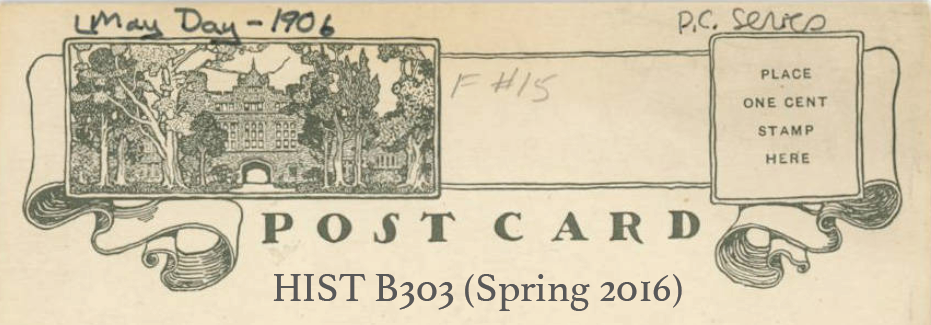The bulk of the documentary was interesting, though difficult to follow. I was wholly unaware of the summer school program and was intrigued to learn about it.
What upset me, however, was the portrayal of the school one alumni founded in the Philippines. Much of the documentary was forward-thinking and culturally accurate (or, at least, open-minded.) That is, right up until they whipped out the White Man’s Burden and followed that alum to the Philippines where she founded a school in her husband’s home town and educated all the poor Filipino children. Singing was a constant theme throughout the documentary, identified with Bryn Mawr and their revolutionary activities. What is the first thing we see the children doing? Singing, as if the alum brought that cultural aspect to them and they are being raised enriched with Bryn Mawr ideals.
Nope. Singing, especially by school children, is a huge aspect of Filipino culture. They have parades, showcases, competitions, celebrations, and a variety of other opportunities to sing, dance, and perform. My father recently visited a good friend of his in Cebu and was able to catch the Sinulog Festival; he was taken aback by the skill, passion, and artistry of school children performing for the festival. (The closest American parallel might be marching band competitions.)
I was dismayed by the sudden paternalistic shift, as the documentary followed the specific alum to the Philippines. NOTE: I do not intend to characterize her work as paternalistic or colonialistic. What little we know about her specific attitudes and intents seems well directed. I am, instead, calling out the work of the film’s production team and the choices made that cast her work in such a light. Perhaps it was an accurate portrayal, but I would hope to think not.

Agreed! That part of the film made me uncomfortable but I didn’t know why. You said it so well!